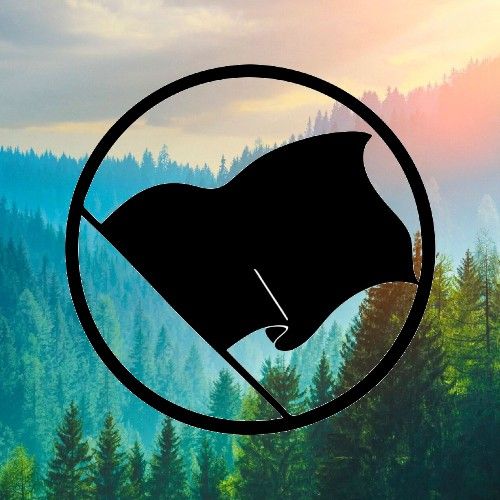The old world is dying and communes struggle to be born
The commune centers two core components: an anti-individualistic collective bond and a concomitant radical transformation of everyday life. In liberal ideology, which is grounded in the capitalist marketplace, human community is reduced to unmoored individuals who are forever in competition. In the face of this atomization, communes are formed around the desire to carry out collective projects. Communes arise when we transform our relationships with each other and face the world together.
As the Invisible Committee defines it, “what constitutes the commune is the mutual oath sworn. . . to stand together as a body. . . a commune was a pact to face the world together. It meant relying on one’s own shared powers as the source of one’s freedom. What was aimed for in this case was not an entity; it was a qualitative bond, and a way of being in the world.” Communes construct community out of isolation and replace individualism with collective self-determination and well-being. Communes form when groups of individuals attempt to directly “communize” their lives (put them in common) and face the problems of the world together.
. . . Rather than orienting towards seizing and wielding power, networks of communes attempt to secede from power’s grasp and destitute its institutions. Secession does not mean establishing new borders but instead practicing communist forms of life and promoting counter-circulation between a growing archipelago of autonomous territories.
. . . This is how communism is built on a large scale. Territory is inhabited and controlled, the people living within this archipelago of liberated territory establish contact and material links between themselves, learn to provide for their needs, and establish liberated relationships with each other and the land. The means of existence are appropriated and/or collectively constructed. Organic gardens and farms are established to directly feed people, free clinics to heal the sick, and worker cooperatives to produce for the needs of the community rather than profit.
The material construction of another world deprives capitalist state power of its capacity to manage and control us. This is ultimately what the Invisible Committee means by destitution, by “becoming ungovernable.”
Read more in my article "Living Communism: Theory & Practice of Autonomy & Attack" https://anarchiststudies.org/living-communism-spencer-beswick/

@exiliaex My understanding was that they are separate groups but that there is a pretty direct through-line between them, though I could be misinformed.